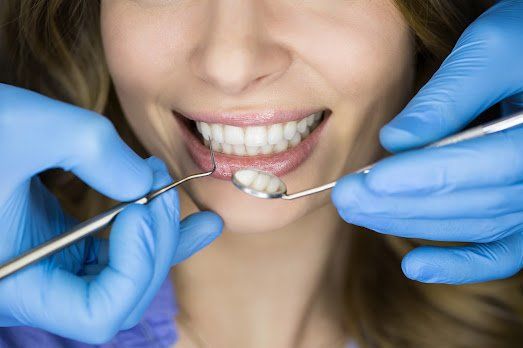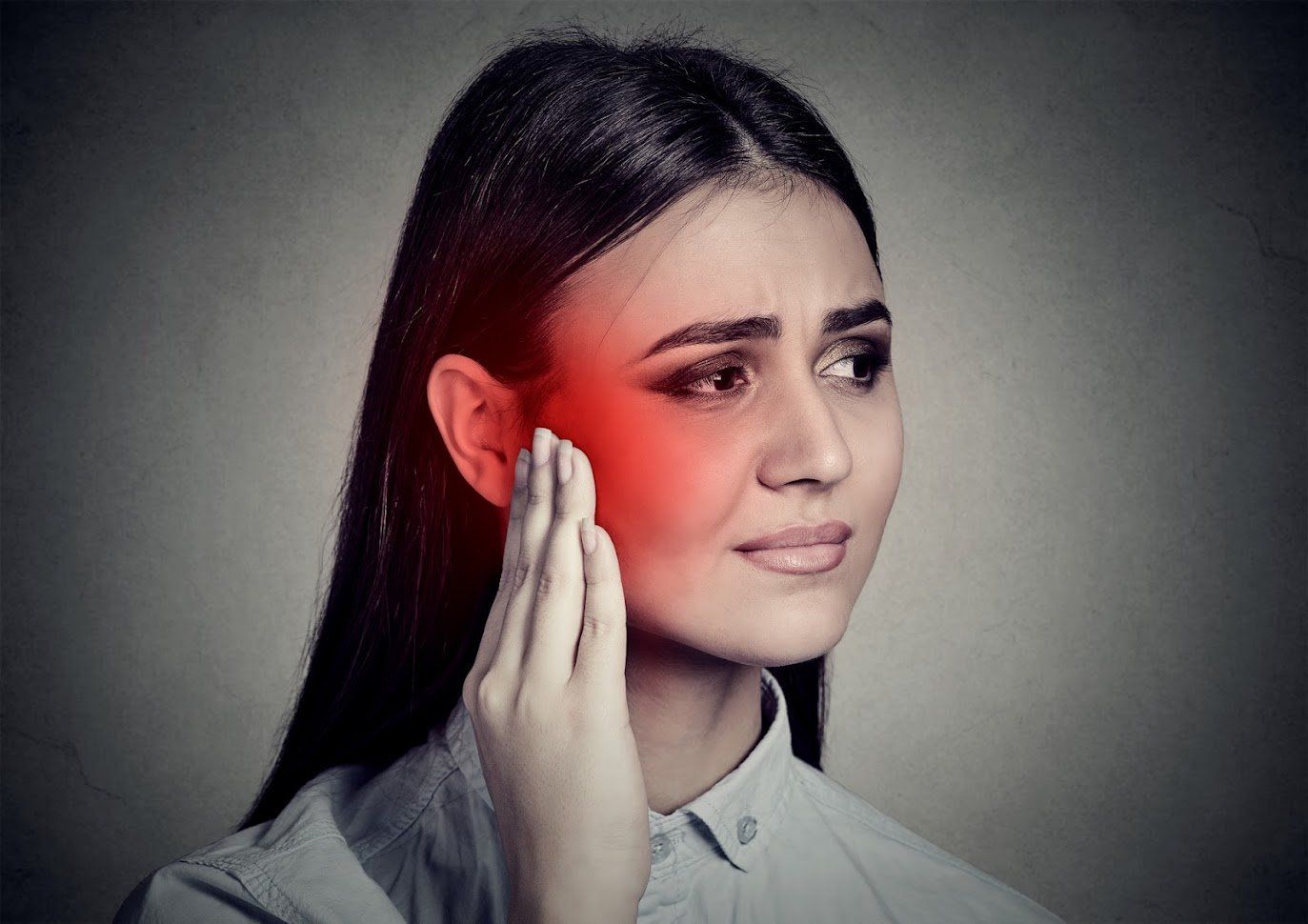Dental Sealants Vs. Regular Dental Care: What Parents Need to Know
Dental Sealants Vs. Regular Dental Care: What Parents Need to Know

Can sealants take the place of regular dental care? Is your child not the best at caring for their teeth? Did you hear that sealants could help? Are you not sure if this option is the right choice? Before you decide one way or the other, take a look at what you need to know about childhood dental care, regular routines, and the benefits of sealants.
What Are Dental Sealants?
As the name implies, this dental option seals the tooth. Made from a thin plastic or other similar coating, sealants are clear coatings that go over your child's teeth. A dentist paints or brushes the sealant material onto the chewing surface of the child's back teeth. This covers the exposed upper area of the molars and helps to protect the tooth surface from dental decay.
Do Dental Sealants Prevent Tooth Decay?
Yes, dental sealants can help to prevent tooth decay. But the key word to note is help. Dental sealants are one way to reduce the risks of cavities. Even though sealants are effective, they aren't the only way to stop pediatric dental caries (also known as cavities).
According to the U.S. Centers for Disease Control and Prevention (CDC), dental sealants offer protection against 80 percent of cavities for up to two years. The protection doesn't stop there. Sealants may continue to protect your child against 50 percent of cavities for two more years (four in total).
Will Sealants Protect All of Your Child's Teeth?
Dentists typically only apply sealants to the chewing surfaces of the back teeth (also known as the molars). While this protects these well-used teeth from decay, it won't stop cavities in other teeth.
Why Do Dentists Apply Sealants to the Molars?
More specifically, why aren't sealants used on the other teeth? According to the CDC, nine out of 10 cavities occur in back teeth. Given the increased risk, dentists usually focus on this area of the mouth.
How Can You Protect All of Your Child's Teeth?
A regular oral health routine can help to protect the teeth with and without sealants. Not only will your child need to protect the teeth without sealants, but they also need to care for their gums, the spaces between their teeth, and the rest of their mouth.
Reduce the risks of cavities with a few preventative steps. These include:
- Proper brushing. Your child should brush their teeth at least two times per day for two minutes each time. You may need to help your child to brush correctly or for the right amount of time, depending on their age.
- Proper flossing. Your child's two-minute brushing sessions are the first step towards dental health — but not the only one they should take. They also need to floss in between their teeth twice daily too.
- The right diet. The foods your child eats and the beverages they drink can strengthen their teeth or lead to cavities. Your child should eat a healthy diet that includes calcium-rich (bone- and teeth-building) foods. They should avoid sweetened or sugary foods. These can increase the risk of dental decay.
Along with these simple steps, your child also needs to visit the dentist once or twice each year. The dentist will check your child's teeth for signs of enamel erosion, decay, and gum disease. If you choose sealants for your child, the dentist can also make sure the coating covers the molars completely during an annual or bi-annual visit.
Do you need to schedule a dentist's office cleaning and check-up for your child — and do you want to learn more about dental sealants? Contact Pittsburgh Dental Spa for more information.
Reviews from real patients:
Carmen up front is the nicest person ever! First time I met her she was running around doing many jobs and still being oh so sweet. Dr. Kelly is just as amazing! They truly make you feel comfortable and the atmosphere is amazing. Highly recommend!!
Brianna Bangs
OUR LOCATION
Address: 6502B Steubenville Pike Pittsburgh, PA 15205















